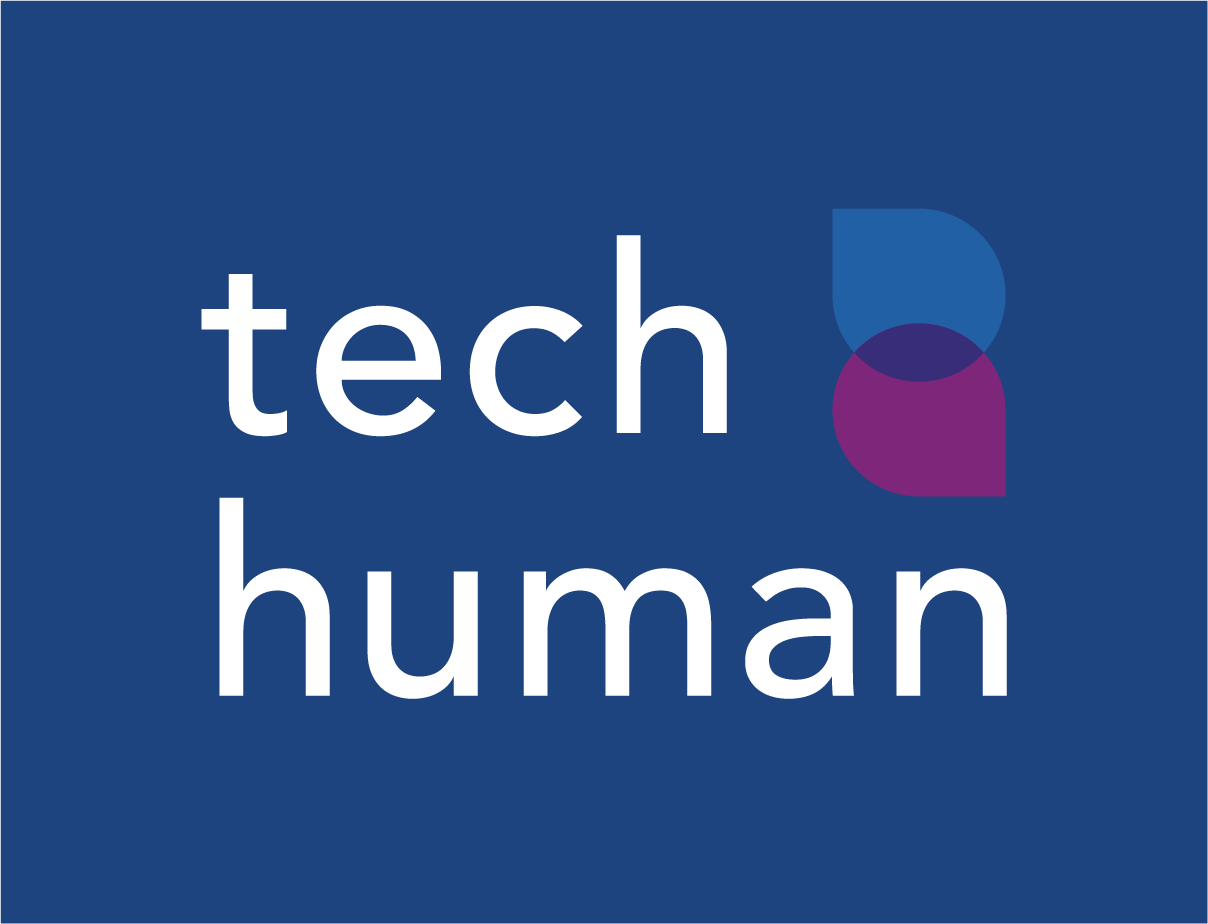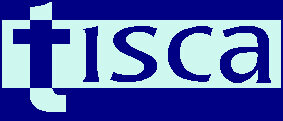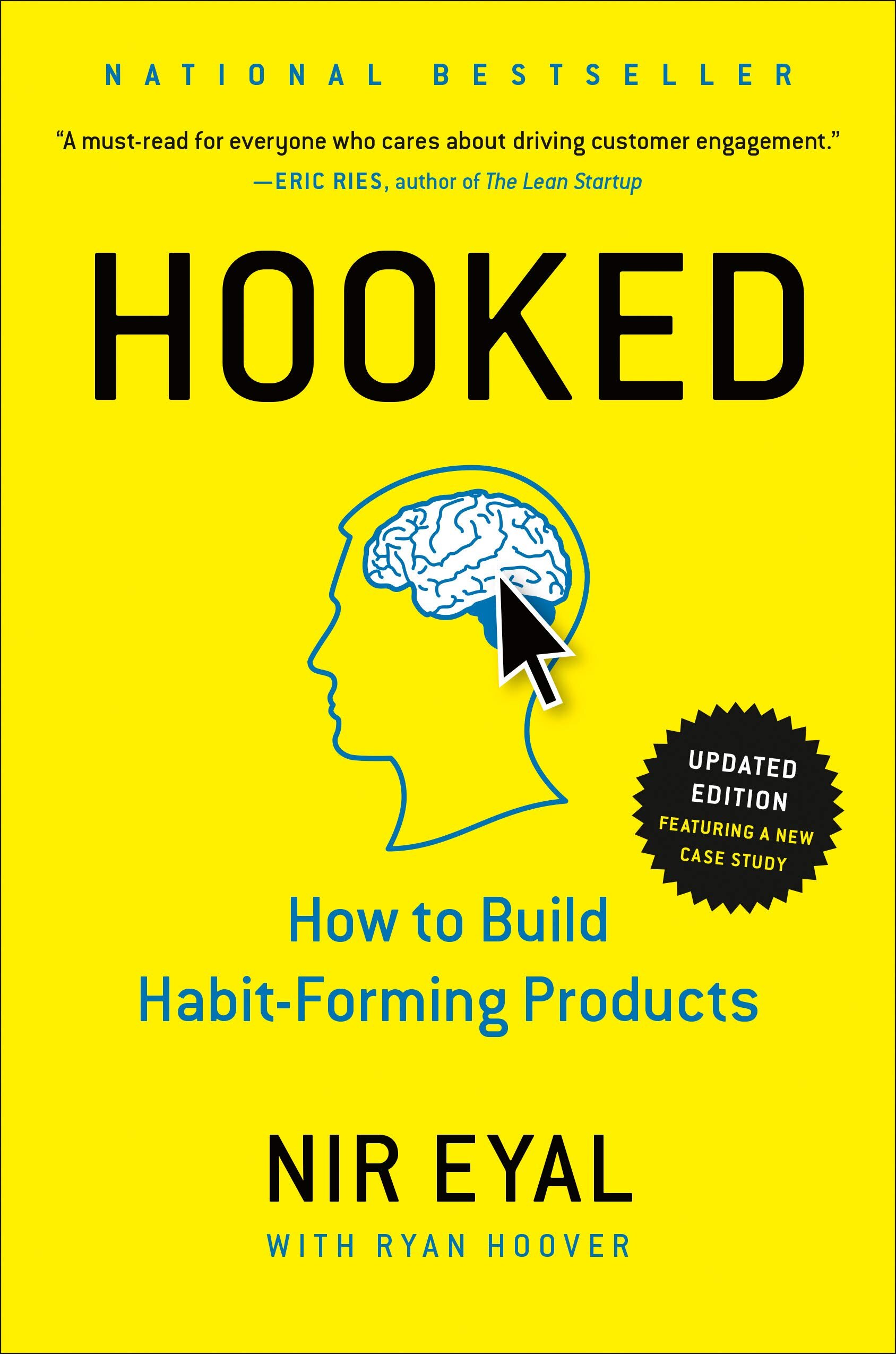Technology Professionals - Introduction
To launch the section of TechHuman for Technology Professionals, I wanted to outline some initial priorities for this group.
I have spent over 35 years working with Technology for businesses, in end-users, for hardware vendors, systems integrators and as a management consultant. Most of that time I have been working close to areas of technology innovation. Last year I was invited to speak at a gathering of TISCA (The Independent Schools Christian Alliance) exploring issues associated with Artificial Intelligence and Human Dignity. It was the first time in my career I had been asked to bring together my work and my faith in a public setting. It was also where Professor John Wyatt and I first met.
That meeting was a cathartic experience for me. It was there that I realised that my experience as Christian Technologist was significant in a way I hadn’t appreciated before. People like me need to work through these issues and speak with authority into the emerging debate. It helped focus my thinking on trying to establish a multi-disciplinary working group collaborating to make sense of the Digital Revolution. It was a final trigger that led to the creation of TechHuman.
TechHuman has been set up to enable the development of Christian perspectives on how technology can help us flourish as humans; and how we can avoid harms that could be caused by it. We hope to offer insight that are of value to people of all faiths and none. TechHuman embraces a generous orthodoxy of Christian belief: seeking to ‘host serious conversations’ about the place of technology in our lives and in our faith. As technologists we have particular responsibilities pertaining to these issues and can bring unique insights. In my experience, neither the workplace nor our Churches have provided great environments for us to explore these issues. We want to begin to change that.
In TechHuman for Technology Professionals, we want to help those of you who are technologists wrestle with these issues, and collectively to develop materials that will help us all live well. We want to assist our Church communities better to understand the nature of the work we do – and to use our insight and knowledge to help fight for the downtrodden, the poor, the disadvantaged and fight for the Kingdom of God.
To start with, we want to explore the ethics surrounding some of the techniques which are prevalent in digital technologies, like Nir Eyal’s “Hook Model”. We want to use our insights as technologists to explore some of the detailed challenges of ‘Big Data’, Analytical and Artificial Intelligence technologies. We want to think, from a technologist’s perspective about the emerging use of technology by both private companies and the State and speak into some of the political, regulatory, business and community debates with our experience and insight. The informed technologists voice is too often silent in these debates.
We want to explore topics like Surveillance Capitalism, Digital Exclusion and Human Autonomy. We want to understand better how being fully human, created in the image of God informs our perspective on some technology innovations and topics like Transhumanism. We want to look at the crossover between information technology and medical technology: particularly focusing on human-digital interfacing and human ‘enhancement’ technologies: exploring the potential ethical issues that follow.
We also want to begin to build a supportive community for those, who like me, have born a largely silent witness to our faith in the workplace. Expressing our belief within tech businesses carries genuine risk. Our credibility depends in part on our membership of the ‘smartest people in the room’ club. Admitting we are Jesus-followers can in a heartbeat, transform us from fully-fledged members to being tagged as ignorant outcasts.
It is hard for those who do not work in those environments to appreciate how deeply those values seem to be embedded. Borrowing from Mark Sayers; wanting the “Kingdom without the King” is fine; but acknowledging Jesus Christ as our King is seen as folly. It brings the reality of 1 Corinthians 1:18 and 19 into sharp focus for me:
For the message of the cross is foolishness to those who are perishing, but to us who are being saved it is the power of God. For it is written: “I will destroy the wisdom of the wise; the intelligence of the intelligent I will frustrate.” *
I hope that TechHuman will provide helpful materials and insights for you in the coming months.
Jonathan Ebsworth
* NIV® Copyright © 1973, 1978, 1984, 2011 by Biblica, Inc.





